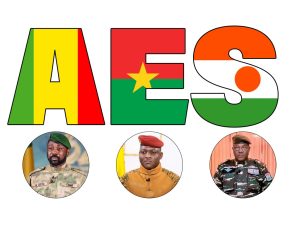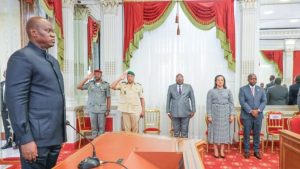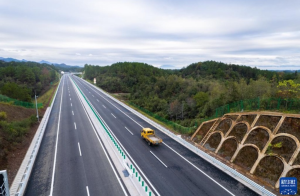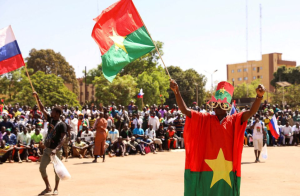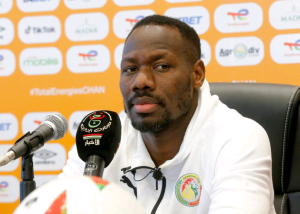Côte d’Ivoire/Alino Faso case: Judicial silence, official contradictions, the vagueness persists
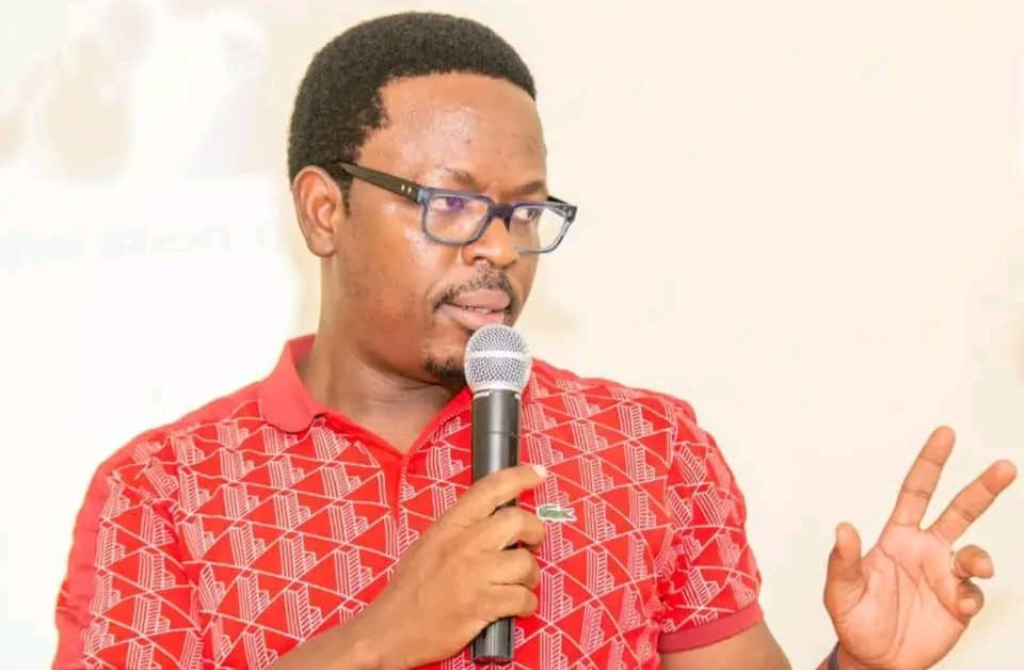
The unexplained death of Burkinabe activist Alain Christophe Traoré, known as Alino Faso, continues to fuel diplomatic tensions between Burkina Faso and Côte d’Ivoire. Found dead on July 24, 2025, at the Gendarmerie School in Abidjan, the case took a new turn when Ivorian prosecutor Koné Braman Oumar appeared on NCI 360 on August 10 to defend the official suicide ruling a claim that has only intensified skepticism.
Oumar insisted Alino Faso was “among the best-treated” detainees, even receiving “personalized meals,” and was held at the gendarmerie school “for his own safety.”
According to the prosecutor, the activist hanged himself after a failed suicide attempt by wrist-cutting. Yet no concrete evidence such as a detailed forensic report has been made public to substantiate these claims.
While Oumar confirmed a judicial inquiry was opened, he cited investigative secrecy to avoid addressing key questions about detention conditions or potential torture, merely asserting, “The investigation was clear on this point.”
The lack of transparency has drawn sharp scrutiny from Burkina Faso, where Prosecutor Bakouli Blaise Bazié launched a separate probe into “acts of torture and murder against unidentified persons.”
The Burkinabe judicial move underscores growing distrust in Abidjan’s account, compounded by the family’s complaint, the absence of contact with Alino since his arrest on January 10, 2025, and inconsistencies in the Ivorian narrative.
Alino Faso, a vocal supporter of the current political regime of Burkina Faso, has become a symbol of broader regional tensions where security crackdowns and press freedoms collide. As both nations dig in, his death risks escalating into a full-blown diplomatic dispute, with justice and accountability hanging in the balance.
Emile YEMPABE


